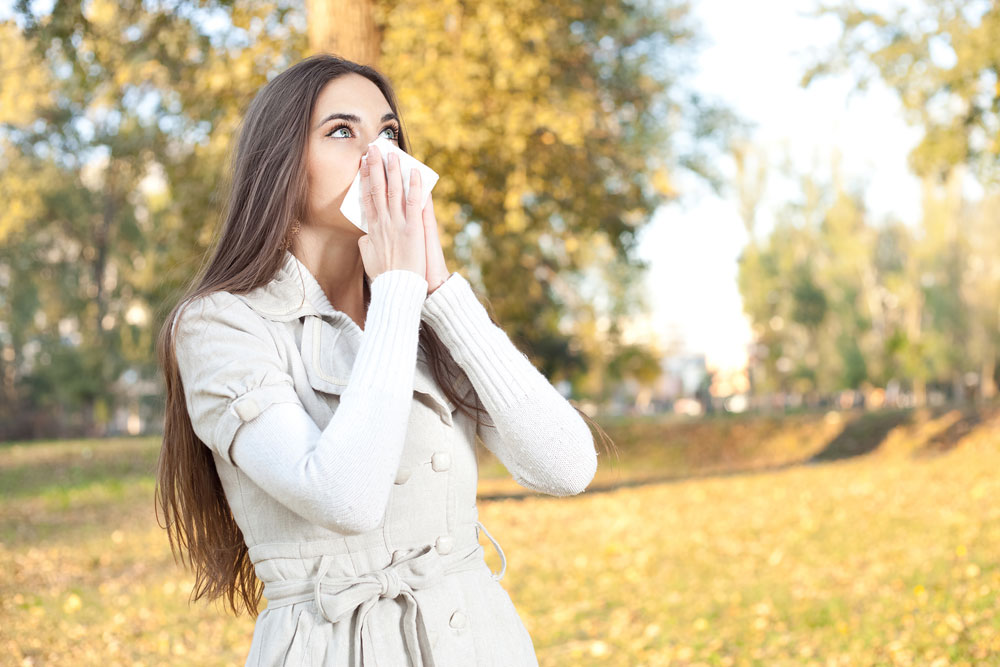If you find yourself developing allergic reactions to certain things as an adult, know that you are not alone. Developing allergies later in life is relatively common, however experts are not entirely sure why this happens to some people. Let’s dive in and learn more about how allergies develop later in life.
For information on allergy treatment in New York City, utilize Dr. Shukla’s allergy hub.
Developing Allergies as an Adult
If all of a sudden you find yourself with itchy, watery eyes and a stuffy nose during the spring time, then you might have developed a pollen allergy – however you may not realize this at first. Similarly, if you find yourself having an allergic reaction to a type of food you’ve had no issues with in the past, you might have developed an allergy. Even if you have no prior history at all, it is possible to develop seasonal allergies, food allergies and other types of allergies. Most people develop these allergies in their twenties and thirties, but it’s possible to develop them at any time.
What is an Allergic Reaction?
During an allergic reaction, your body is reacting to something it perceives as a threat. Whether that be pollen, a food you ate or a medication, your body can mistakenly identify it as harmful and have an allergic reaction. Your body will produce antibodies, immunoglobulin E (IgE), that will attach to and cause cells to release a chemical called a histamine. This chemical will produce inflammation, which produces all the symptoms associated with allergies – runny nose, hay fever, itching, etc. In more severe cases of allergic reactions, your blood pressure can drop, causing anaphylactic shock.
Immunoglobulin E, the catalyst to this reaction, may seem like a bad thing. However, IgE is actually a necessary thing for your body to have as it fights off infections. When an allergic reaction occurs, it means that your body is malfunctioning by releasing it.
The Mystery of Adult Allergies
Despite many years of research, doctors and researchers are still stumped when it comes to unraveling the mystery of why some people become allergic to things later in life. Most of the time, though, a person might change their environment, like move, and come in contact with a substance they have not been exposed to before. For instance, someone might get a cat later in life when they have never own one before and discovered they are allergic. Similarly, someone might try a new food they have never eat before and find that they are allergic.
One theory researchers have about developing allergies as an adult is called the hygiene hypothesis. This theory suggests that people who live in highly clean environments, mostly Westerners, have immune systems that overreact to normal things, like pollen and pet dander. This theory has not been proven, though.
Should You Get an Allergy Test?
Consulting your doctor is the first step you should take is you believe you have developed an allergy. It also wise to completely avoid the possible allergen. After talking to your doctor, they may perform a series of allergy tests to determine how severe your reaction is to allergens. You might have a blood test performed to check for levels of specific IgE forms, or you might have your skin tested.
If it turns out that are allergic to a substance and a diagnosis is made, there are many different treatment options to follow. Obviously complete avoidance might be recommended, but that is not feasible for every type of allergy, like seasonal allergies.
Allergy Treatment in New York City
If you are struggling with your allergies, consider calling on the expertise of Dr. Mayank Shukla and the team at the Asthma Allergy Sleep Center of New York. We specialize in asthma, pediatric pulmonary medicine and sleep medicine and can help you better control your allergies.

